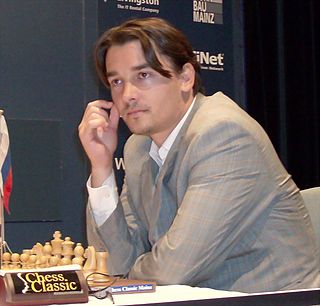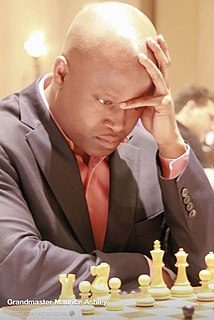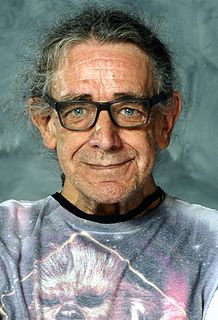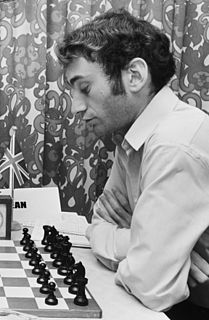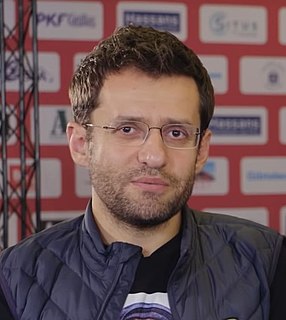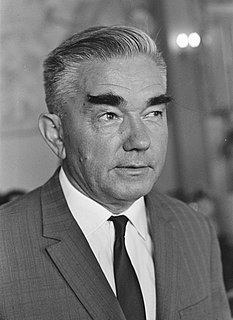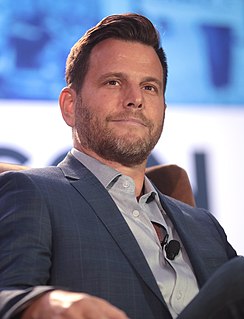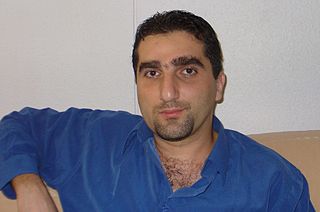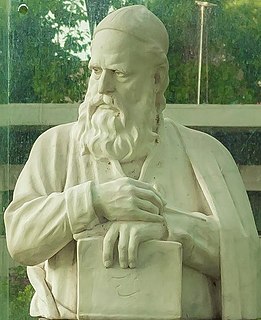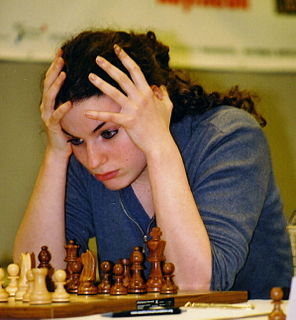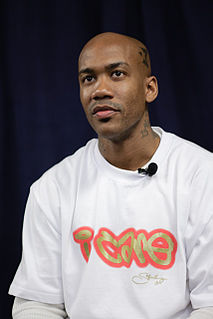Top 1200 Chess Pieces Quotes & Sayings
Explore popular Chess Pieces quotes.
Last updated on April 14, 2025.
I used to play a lot of chess and competitive chess and study chess and as you get to the grandmasters and learn their styles when you start copying their games like the way they express themselves through... The way Kasparov or Bobby Fischer expresses themselves through a game of chess is it's astonishing. You can show a chess master one of their games and they'll say "Yeah, that is done by that player."
Like Dvoretsky, I think that (all other things being equal), the analytical method of studying chess must give you a colossal advantage over the chess pragmatist, and that there can be no certainty in chess without analysis. I personally acquired these views from my sessions with Mikhail Botvinnik, and they laid the foundations of my chess-playing life.
I was a professional chess player in Romania, but only a small-time master. When I came to France, I continued playing chess for many years: I played tournaments in numerous countries with mixed results. I wrote and published a book - La Défense Alekhine and translated two others from Russian. I taught chess in schools; I earned more money through chess than through literature.
I think most people are fascinated by chess for that reason. It's just these mystical shapes. It's almost like Harry Potteresque, like wizard's chess in a way. The pieces come alive and you're the sorcerer. You're the magician and you get to do what you want with them and hopefully you don't screw it up.
I started playing chess when I was about 4 or 5 years old. It is very good for children to learn to play chess, because it helps them to develop their mental abilities. It also helps to consolidate a person's character, because as it happens both in life and in a chess game we have to make decisions constantly. In chess there is no luck and no excuses: everything is in your hands.
I love the competitive aspect of it [business]. It's like playing chess. Why do people play chess? Knowing the realm of moves? Even when you get to be a chess master, there are other chess masters you want to beat or outperform. And to me business is just a sport that I love to compete in; a continuous intellectual challenge that really motivates me.
Chess, which exists predominantly in two dimensions, is one of the world's most difficult games. Three-dimensional chess is an invitation to insanity. But human relationships, even of the simplest order, are like a kind of four-dimensional chess, a game whose pieces and positions change subtly and inexorably between moves, whose players stare dumbly while their powerful positions deteriorate into hopeless predicaments and while improbable combinations suddenly become inevitable. To make matters worse, some games are open to any number of players, and all sides are expected to win.
Fischer was a good kid but very unsophisticated about anything but chess. It was all chess for him, every waking moment. We'd go down to the Four Continents bookstore and he'd buy any Russian chess material he could get his hands on. He'd learned enough Russian to get the gist of prose and he just absorbed the chess part.
Fancy what a game of chess would be if all the chessmen had passions and intellects, more or less small and cunning; if you were not only uncertain about your adversary's men, but a little uncertain also about your own. You would be especially likely to be beaten, if you depended arrogantly on your mathematical imagination, and regarded your passionate pieces with contempt. Yet this imaginary chess is easy compared with a game a man has to play against his fellow-men with other fellow-men for instruments.
Well, I kind of split my life into two pieces. One was where my chess career lies. There, I kept my sanity, so to speak, and my logic. And the other was my religious life. I tried to apply what I learned in the church to my chess career too. But I still was studying chess. I wasn't just "trusting in God" to give me the moves.
I don't think I have a favorite chess move, other than checkmate, because each move is part of a combination of other moves. Just like I don't have a favorite piece, because they all work together. I mean, I love myself; I am the king on the board, but other pieces do different things and they all work together, so it's not one particular move unless it's checkmate because usually there's an answer. You know, chess is about questions and answers.
Most chess books only sell a few thousand copies, and a book titled something like "Women in Chess" would sell even fewer. The idea with this title was to spread the book outside the competitive chess world. I'm interested in attracting readers who love chess but play only casually, and feminists interested in male-dominated fields.
I love chess, and I didn't invent Fischerandom chess to destroy chess. I invented Fischerandom chess to keep chess going. Because I consider the old chess is dying, it really is dead. A lot of people have come up with other rules of chess-type games, with 10x8 boards, new pieces, and all kinds of things. I'm really not interested in that. I want to keep the old chess flavor. I want to keep the old chess game. But just making a change so the starting positions are mixed, so it's not degenerated down to memorisation and prearrangement like it is today.



